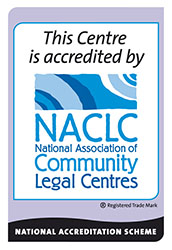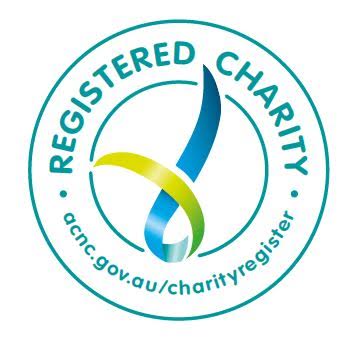In recent months, the Launceston Community Legal Centre has seen a concerning increase in the number of clients who have fallen victim to a scam involving the private sale of vehicles. The scam can impact both sellers and buyers of cars, motor bikes, etc, and often leaves them with a considerable financial loss.
In recent months, the Launceston Community Legal Centre has seen a concerning increase in the number of clients who have fallen victim to a scam involving the private sale of vehicles. The scam can impact both sellers and buyers of cars, motor bikes, etc, and often leaves them with a considerable financial loss.
Generally, the scam involves a scammer expressing interest in buying a vehicle through online markets including Facebook and Gum Tree. The scammer will contact the seller and ask to attend the seller’s house to inspect the car. After inspecting the car, the scammer makes an offer to buy the vehicle and informs the seller they can transfer funds to the seller by Electronic Funds Transfer immediately. If the price is agreed, the scammer requests the bank details of the seller, but rather than transferring money to the seller, shows them a fake transaction receipt (or similar payment confirmation) on their phone indicating the money has been transferred into the seller’s bank account. The seller, believing that money has been transferred into their account, provides the keys and registration papers to the scammer only to discover later the payment was not received.
In many instances, the scammer will quickly try to on-sell the vehicle to an innocent 3rd party before the seller realises they have not been paid and reports the matter to the police. It is difficult for a 3rd party buyer to identify they are buying stolen property because the theft is yet to be reported to the police and the scammer has the necessary registration paperwork. When the original owner reports the matter to the police the vehicle is seized by the Police.
Both the original owner of the vehicle and the 3rd party buyer are innocent victims in this scam and can be left with a legal dispute between themselves as to ownership of the vehicle.
To reduce the risk of becoming a victim of this type of scam, we suggest buyers and sellers follow these steps when buying and selling vehicles privately.
For sellers:
- Do not give possession of a vehicle (including keys and registration paperwork) to a buyer until you have checked your bank account to ensure payment is received.
- Ask to see the buyer’s identification.
- Complete a receipt that includes the buyer’s name, address and contact information. Keep a copy for yourself and give a copy to the buyer.
For Buyers:
- Prior to purchasing a vehicle, complete a Personal Property Securities Register Search to make sure there is no money owing on the vehicle. A PPSR search costs $2 and can be completed on the following website: https://www.ppsr.gov.au/searching/do-used-car-or-vehicle-search
- Use the free Vehicle Registration Status Enquiry to check if the vehicle is stolen or is a statutory or repairable write-off: https://www.transport.tas.gov.au/MRSWebInterface/public/regoLookup/registrationLookup.jsf
- Request a receipt from the seller. Ask for the receipt to include, the name of the seller, their address and contact number.
- Check the registration paperwork to see that the seller’s name is the same as the owner’s name on the registration document. If the names are different, it is unlikely they are the owner. Also check that the vehicle identification number (VIN) and number plate of the vehicle match those shown on the registration paperwork.
If you have been scammed, you should report the matter to the police immediately. We may also be able to provide you with legal advice about your options to recover your loss.


 Launceston Community Legal Centre Inc - Funded through the Tasmanian Government Department of Justice
Launceston Community Legal Centre Inc - Funded through the Tasmanian Government Department of Justice
